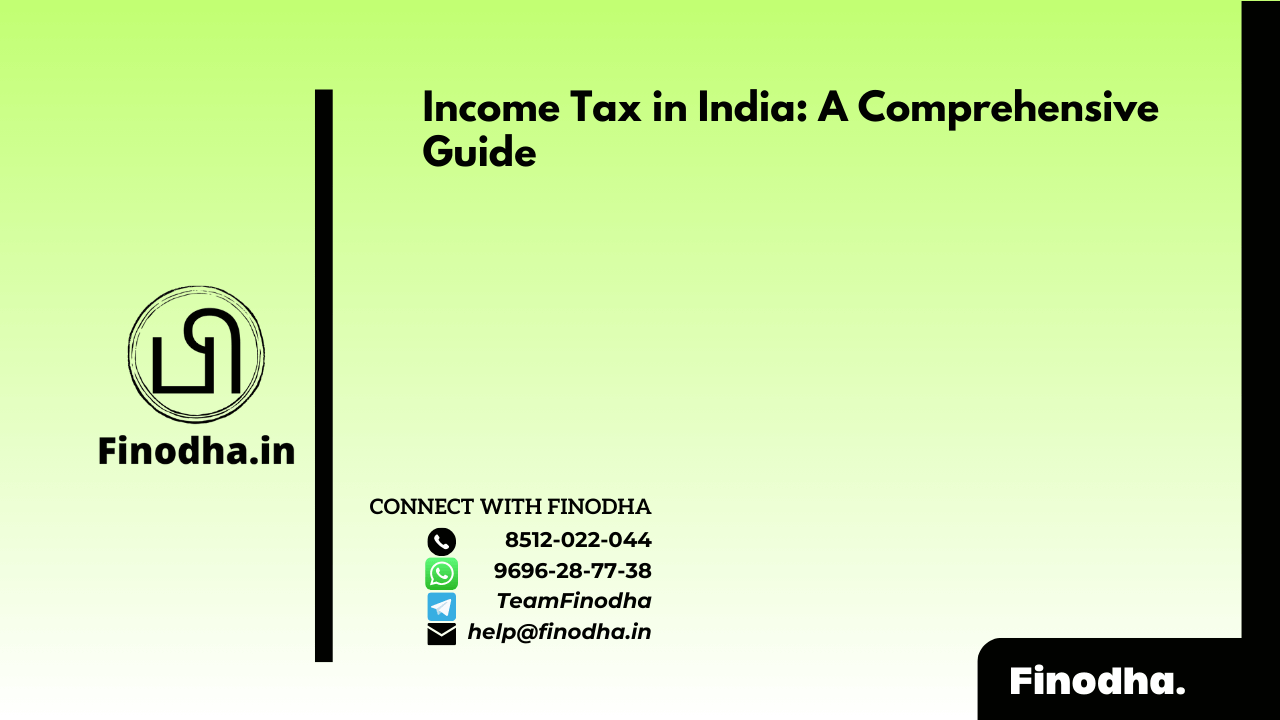Important Keyword: Form 67, Income Tax, Income Tax for NRI.
Table of Contents
Form 67: Claiming Foreign Tax Credit
When a taxpayer resides in one country but earns income from another, the potential for double taxation arises. To alleviate this burden, the Income Tax Act provides provisions for relief to individuals facing double taxation. This relief is typically found within a Double Taxation Avoidance Agreement (DTAA), which is a tax treaty signed between India and another country.
To claim relief under DTAA, the taxpayer must file Form 67. This form facilitates the process of claiming relief from double taxation by providing necessary details and documentation required by tax authorities. By filing Form 67, taxpayers can ensure that they benefit from the provisions outlined in the DTAA and avoid being taxed twice on the same income.
DTAA agreements serve as crucial instruments in promoting international trade and investment by mitigating the adverse effects of double taxation. They provide clarity and certainty to taxpayers regarding their tax liabilities in both countries involved. It’s essential for taxpayers to understand the provisions of the DTAA applicable to their situation and take advantage of the relief measures provided to them.
What is Foreign Tax Credit?
When both the countries involved in a taxpayer’s situation have a Double Taxation Avoidance Agreement (DTAA), the taxpayer can claim tax credits in their country of residence for taxes paid in another country. This process is governed by two fundamental rules:
- Source Rule: According to this rule, income is to be taxed in the country where it originates, regardless of whether the recipient is a resident or non-resident of that country.
- Residence Rule: This rule stipulates that the authority to tax income should belong to the country where the taxpayer is a resident.
If both the Source Rule and Residence Rule apply concurrently to a taxpayer, it can lead to double taxation. Double taxation occurs when the same income is taxed twice in the hands of the taxpayer, once in each country.
DTAA agreements help prevent double taxation by establishing guidelines for allocating taxing rights between the countries involved. By adhering to these rules and principles, taxpayers can ensure fair and equitable treatment of their income across international borders.
Concept of Foreign Tax Credit in India
Sections 90 and 91 of the Income-tax Act address the concept of Foreign Tax Credit (FTC), which allows Indian residents to offset foreign taxes paid against their total tax liability in India.
Section 90 pertains to claiming FTC when India has a double taxation avoidance agreement (DTAA) with another country. Under this section, Indian residents can claim a credit for foreign taxes paid, provided the DTAA allows for such credit.
On the other hand, Section 91 deals with claiming FTC in the absence of a DTAA between India and the country where the income arises.
Rule 128 was introduced to provide clarity and guidance regarding FTC, ensuring consistent application of the provisions. Some key aspects covered by Rule 128 include:
- Foreign tax credit can be claimed in the year in which the corresponding income is offered or assessed to tax in India.
- FTC can be set off against the tax, surcharge, and cess payable under Indian tax laws, excluding interest, fee, or penalty.
- Disputed foreign taxes are not eligible for FTC.
- FTC is available even against taxes payable under Section 115JB (Minimum Alternate Tax).
- It is determined as the lower of the tax payable under Indian tax laws on such income and the foreign tax paid.
- Currency conversion for foreign tax payment is based on the telegraphic transfer buying rate on the last day of the preceding month.
To claim FTC under Rule 128, taxpayers must furnish certain documents, including a statement of foreign income offered to tax, foreign tax deducted or paid on such income in Form No. 67, and certificates or statements from the foreign tax authority or the person responsible for tax deduction.
By adhering to the guidelines outlined in Sections 90 and 91, along with Rule 128, taxpayers can effectively claim FTC and avoid double taxation on their foreign income.
What is Form 67?
In order to claim Foreign Tax Credit (FTC), individual taxpayers must submit Form 67. It’s imperative to file Form 67 on or before the due date of filing the income tax return under Section 139(1), which refers to the original return of income.
Procedure to File Form 67
The Central Board of Direct Taxes (CBDT), through notification no. 9/2017 dated 19 September 2017, has outlined the following procedure for filing Form 67:
- Taxpayers who are mandated to file their returns electronically must complete and submit Form 67 online.
- Form 67 must be prepared and submitted either before or on the due date of filing the tax return.
- This form is accessible on the e-filing portal of the income tax department within the taxpayer’s account.
- Submission of Form 67 requires either a Digital Signature Certificate (DSC) or Electronic Verification Code (EVC).
Procedure for Filling and Submitting Form 67:
- Access the Income Tax Portal.
- Log in using valid credentials.
- Navigate to the “E-file” section.
- Choose “Income Tax Forms” to prepare and submit online forms.
- Select Form 67 and the relevant Assessment Year (AY) from the drop-down menu.
- Detailed instructions for filling the form are provided alongside Form 67.

Fill in all the required details
Enter details of taxes paid outside India.

You can submit the completed form 67 by clicking on the ‘submit’ button.
You can also save the form filled as a draft so that you can make some changes later and then submit it.

Read More: Gift to NRI by Resident Indian
Web Stories: Gift to NRI by Resident Indian
Official Income Tax Return filing website: https://incometaxindia.gov.in/




